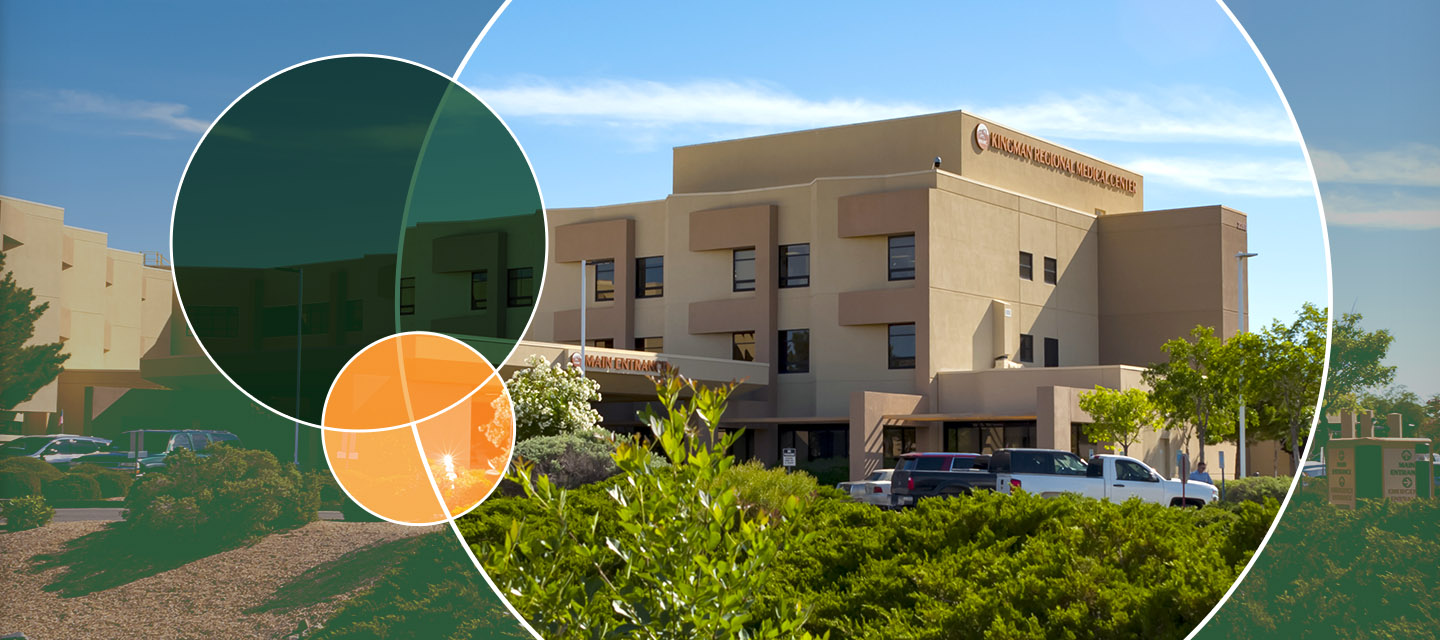Mohave County in Arizona is among the top 5% of counties nationwide considered to be most susceptible to a hepatitis C outbreak. Leaders at Kingman Regional Medical Center (Kingman, AZ) knew that to address this issue and improve the health of their community, it was time for their Disease Management Clinic to establish a new initiative for hepatitis C virus (or HCV) treatment under the medical directorship of hepatologist, Dr. Richard Manch, MD, MS, FAASLD, FACP, FACG.
“While hepatitis C is easily treatable, symptoms often do not present until liver damage has occurred,” said Dr. Linda Williams, PharmD, Ambulatory Care Pharmacy Clinical Manager.
“Failing to detect the virus early can result in serious long-term health effects like cirrhosis, liver cancer, and liver transplant. That’s why it was important for us to establish our Hepatitis C Eradication program.”
The Disease Management Clinic is staffed by pharmacists, who partner with regional healthcare providers through a collaborative practice agreement to increase access to care and extend provider services.
The goal of KRMC’s initiative was to screen all patients over the age of 18 for HCV at least once in their lifetimes, as well as regularly test patients with high risk factors. The clinic consulted with MEDITECH Professional Services for guidance on how to extend the workflows in their MEDITECH Expanse EHR to more effectively screen, monitor, and treat patients.
“When we started out, our clinic hadn’t received an HCV test referral in over a year. But then we worked closely with MEDITECH Professional Services to incorporate hepatitis C screening protocols into our primary care documentation,” said Dr. Williams.
“Standard documentation was added to remind physicians to screen their patients and to document potential risk factors that may suggest a patient should have annual screenings. We also created standard order sets, referral options, a health protocol, and disease management clinic documentation for those patients who tested positive.”
Additionally, MEDITECH Professional Services worked with KRMC to create a pair of patient registries for monitoring patients in their program. “One registry tracks all patients who are positive for HCV. The other is used to track higher-risk patients, to make sure they are following through with annual screenings,” Dr. Williams said.
To track outcomes, MEDITECH Professional Services also collaborated with KRMC to personalize Business and Clinical Analytics dashboards around the needs of the program. “Interactive dashboards display the percent of patients screened, as well as results, age by decade, ethnicity, and other relevant patient details,” Dr. Williams added. “A Geographic Analysis dashboard helps to identify areas of potential outbreak, as well as areas where screening is light and more community outreach is needed.”
Since the program’s launch, KRMC’s lab has now screened an average of 164.5 patients per month, with a 6.5% positivity rate. “We now average 7.5 HCV referrals per month,” said Dr. Williams. “And as of February 2023, 64 patients have been cured of Hepatitis C through confirmatory labs drawn 12 weeks after finishing antiviral therapy.”
The success of KRMC’s program hinged on linkage to care through patient navigation and on making it affordable, as patients were often underinsured and the average cost for an 8-12 week HCV regimen runs between $20,000-$50,000. By securing over $400,000 in financial aid through foundation grants and commercial programs, the organization was able to keep the average co-pay between $0-$10, with the highest at $18.
Making the initiative accessible to more patients seems to be paying off. “By screening early for HCV antibodies, we’ve helped over 60 residents in our community increase their odds for longer, higher quality lives,” Dr. Williams said. “That’s an accomplishment we can all take pride in.”

